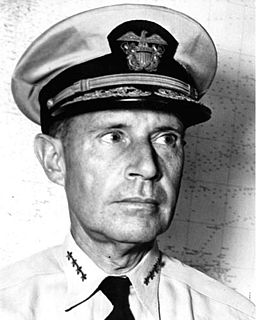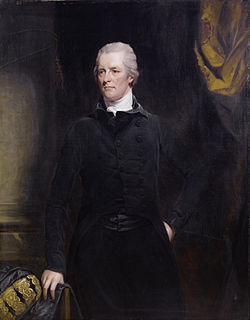A Quote by Sydney J. Harris
The loner may be respected, but he is always resented by his colleagues, for he seems to be passing a critical judgment on them, when he may be simply making a limiting statement about himself.
Related Quotes
When it seems that God shows us the faults of others, keep on the safer side-it may be that your judgment is false. On your lips let silence abide. And any vice that you may ascribe to others, ascribe at once to them and yourself, in true humility. If that vice really exists in a person, he will correct himself better, seeing himself so gently understood, and will say of his own accord the thing that you would have said to him.
Ronald Reagan was notably able to avoid having personal considerations dissuade him from taking decisive actions. This may have arisen in part from his career in motion pictures; it may be related to his being a bit of a loner; it may have related to his focus on those people and principles he sought to serve. What is clear is that this capacity enhanced his effectiveness. It was also a surprise to many people.
A man unattached and without wife, if he have any genius at all, may raise himself above his original position, may mingle with the world of fashion, and hold himself on a level with the highest; this is less easy for him who is engaged; it seems as if marriage put the whole world in their proper rank.
He is not famous. It may be that he never will be. It may be that when his life at last comes to an end he will leave no more trace of his sojourn on earth than a stone thrown into a river leaves on the surface of the water. But it may be that the way of life that he has chosen for himself and the peculiar strength and sweetness of his character may have an ever-growing influence over his fellow men so that, long after his death perhaps, it may be realized that there lived in this age a very remarkable creature.
The great passion in a man's life may not be for women or men or wealth or toys or fame, or even for his children, but for his masculinity, and at any point in his life he may be tempted to throw over the things for which he regularly lays down his life for the sake of that masculinity. He may keep this passion secret from women, and he may even deny it to himself, but the other boys know it about themselves and the wiser ones know it about the rest of us as well.
When the atheist is told that God is unknowable, he may interpret this claim in one of two ways. He may suppose, first, that the theist has acquired knowledge of a being that, by his own admission, cannot possibly be known; or, second, he may assume that the theist simply does not know what he is talking about.

































